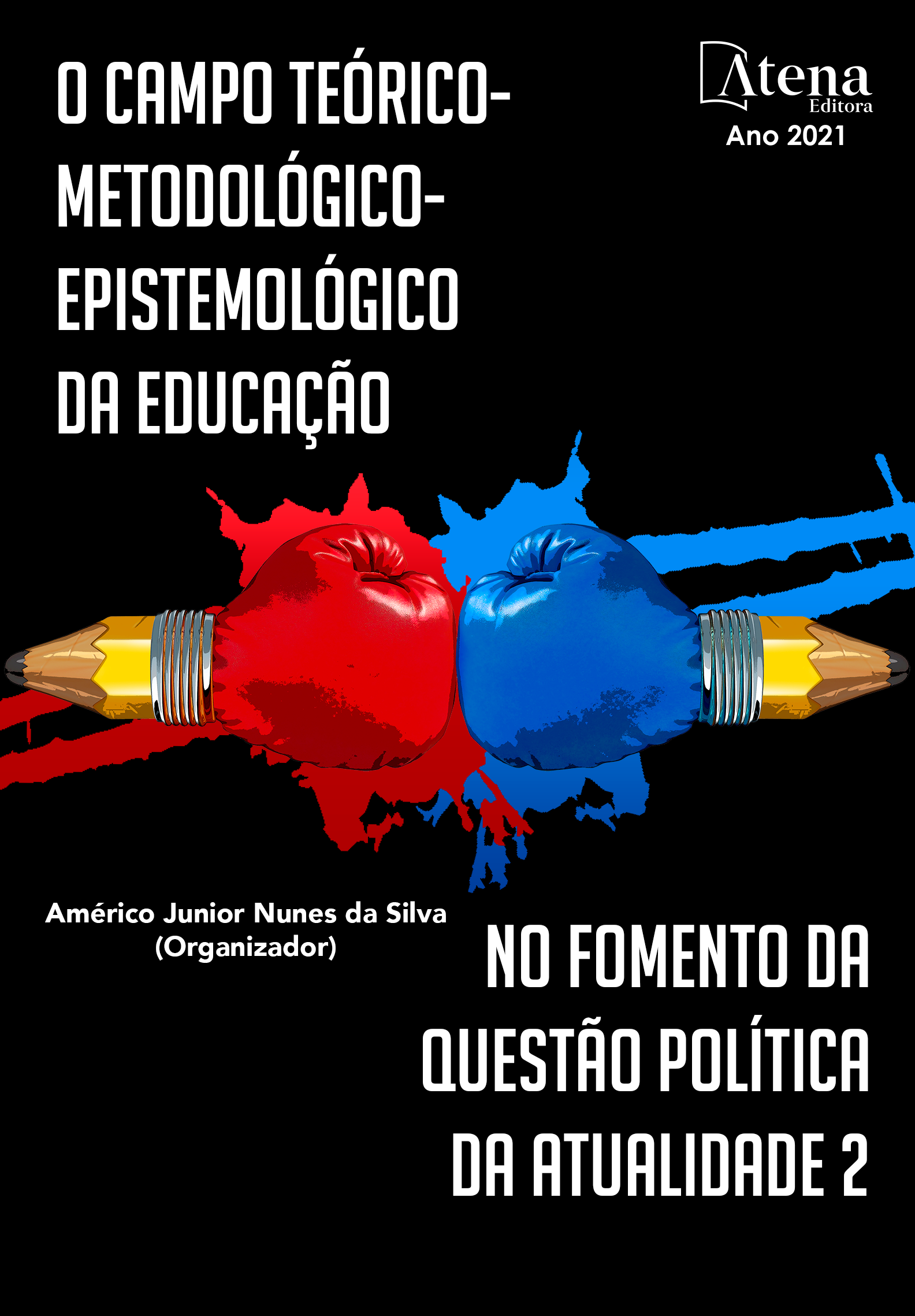
POLÍTICAS PÚBLICAS DE AÇÕES AFIRMATIVAS E AS COTAS SOCIAIS PARA ACESSO ÀS INSTITUIÇÕES FEDERAIS DE ENSINO
Políticas públicas redistributivas visam, principalmente, a redução das desigualdades e melhoria da qualidade de vida da sociedade, mediante remanejamento de benefícios, recursos e direitos entre determinados grupos sociais. Por este motivo, muitas vezes, a implementação dessas ações acaba não agradando a toda a população. No caso da política de cotas de acesso as instituições federais de ensino, a contraposição de interesses entre os mais vários grupos sociais ainda é muito grande. Nesse sentido, o objetivo deste estudo é compreender os desafios que se impõe a implementação da política pública redistributiva de cotas sociais, no âmbito das instituições públicas federais de ensino, a partir dos argumentos contrários e favoráveis defendidos por pesquisadores que se debruçam sobre o tema. A metodologia pauta-se em uma em uma investigação qualitativa, de caráter explicativo, pautado por uma pesquisa bibliográfica e documental. Como resultado, foram apresentados os principais argumentos prós e contras à adoção das cotas, constatando-se que, para a maioria dos autores da área, tal política é legal, pautada por diversos diplomas normativos, bem como, não fere o princípio da igualdade e a autonomia das universidades e, nem mesmo, aumenta a evasão escolar. Considera-se, dessa forma, que além da ação afirmativa de cotas não contrariar os dispositivos legais, esta medida tornou-se fundamental para a inclusão sócio educacional de estudantes provenientes de grupos sociais, historicamente excluídos do processo de desenvolvimento do país.
POLÍTICAS PÚBLICAS DE AÇÕES AFIRMATIVAS E AS COTAS SOCIAIS PARA ACESSO ÀS INSTITUIÇÕES FEDERAIS DE ENSINO
-
DOI: 10.22533/at.ed.3322125033
-
Palavras-chave: Ações Afirmativas e Cotas Sociais. Contraposição de Interesses. Argumentos Contrários e Favoráveis. Inclusão Educacional.
-
Keywords: Affirmative Actions and Social Quotas. Counterposition of Interests. Contrary and Favorable Arguments. Educational Inclusion.
-
Abstract:
Redistributive public policies aim mainly at reducing inequalities and improving the quality of life of society, through the reallocation of benefits, resources and rights between certain social groups. For this reason, the implementation of these actions often ends up not pleasing the entire population. In the case of the quota policy for access to federal educational institutions, the opposition of interests between the most diverse social groups is still very large. In this sense, the objective of this study is to understand the challenges that the implementation of the public policy redistributive of social quotas imposes, within the scope of federal public educational institutions, based on the contrary and favorable arguments defended by researchers who address the theme. The methodology is based on a qualitative investigation, of an explanatory character, guided by a bibliographic and documentary research. As a result, the main arguments for and against the adoption of quotas were presented, noting that, for most authors in the area, this policy is legal, guided by several normative diplomas, as well as, it does not violate the principle of equality and the autonomy of universities and does not even increase school dropout. Thus, it is considered that in addition to the affirmative action of quotas does not contradict the legal provisions, this measure has become fundamental for the socio-educational inclusion of students from social groups, historically excluded from the country's development process.
-
Número de páginas: 18
- Francieli Marchezan
- Oséias Santos de Oliveira


